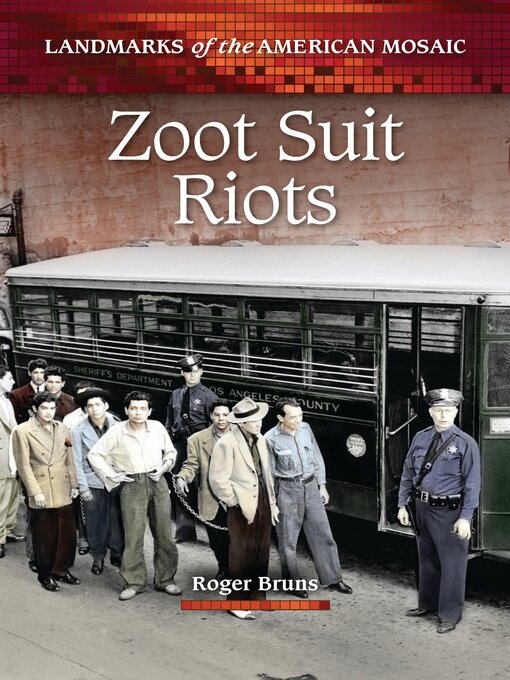- New eBook additions
- Your next great read
- Libros en Español
- Juvenile Read-Alongs
- See all ebooks collections
- New audiobook additions
- Most popular
- Always Available Audiobooks
- Try something different
- Try Sci-Fi
- Audiolibros en español
- Mystery
- See all audiobooks collections
- SAPL's Favorite Magazines
- Popular Magazines
- Just Added
- Business & Finance
- Cars & Motorcycles
- Celebrity
- Crafts & Hobbies
- Español - Revistas
- Fashion
- Food & Wine
- Health & Fitness
- Home & Garden
- Kids & Teens
- See all magazines collections
